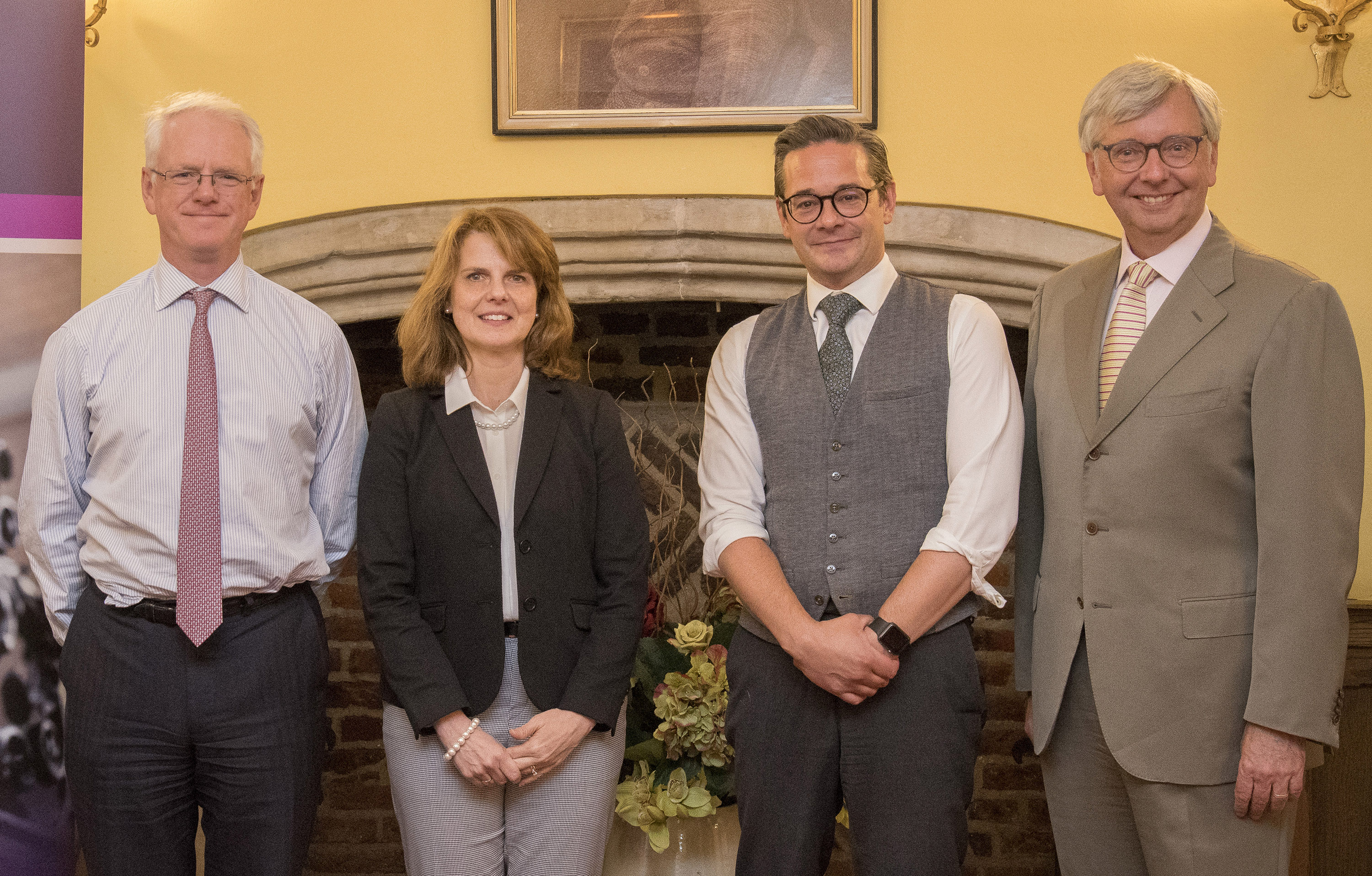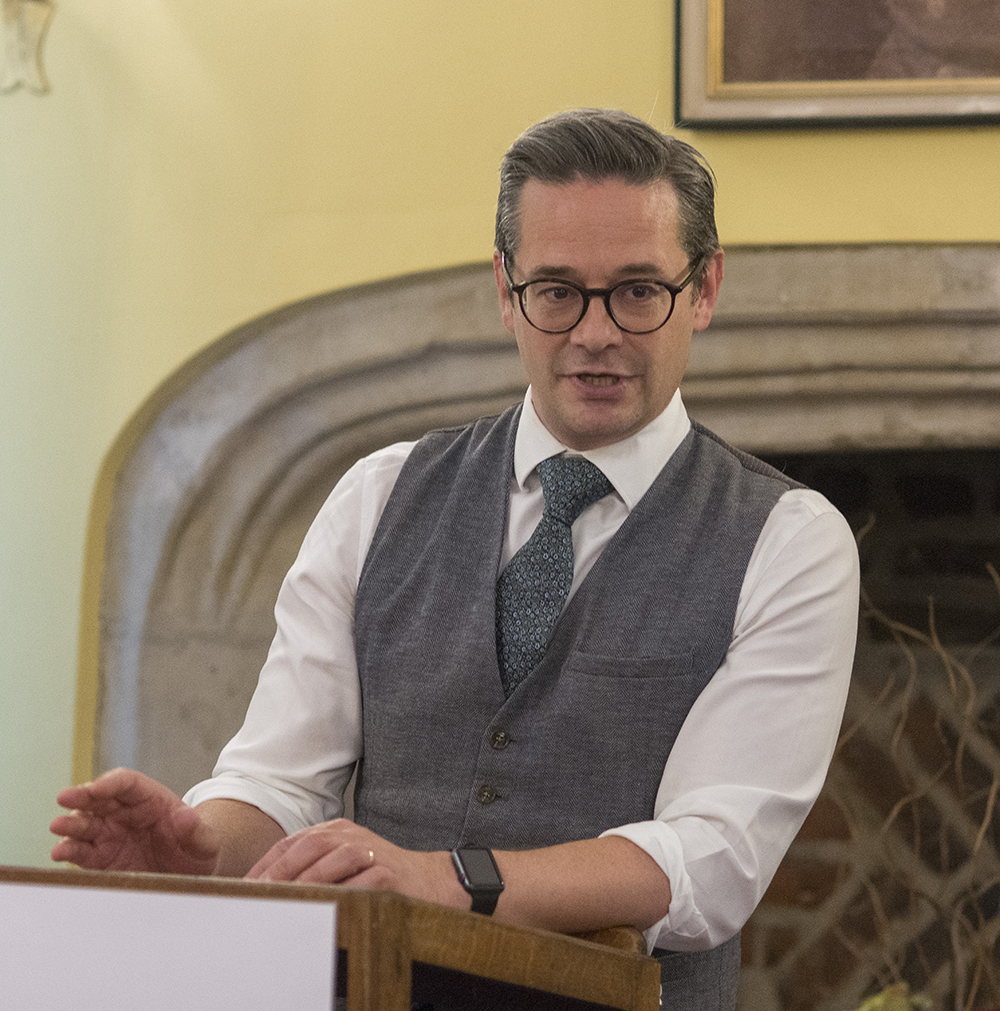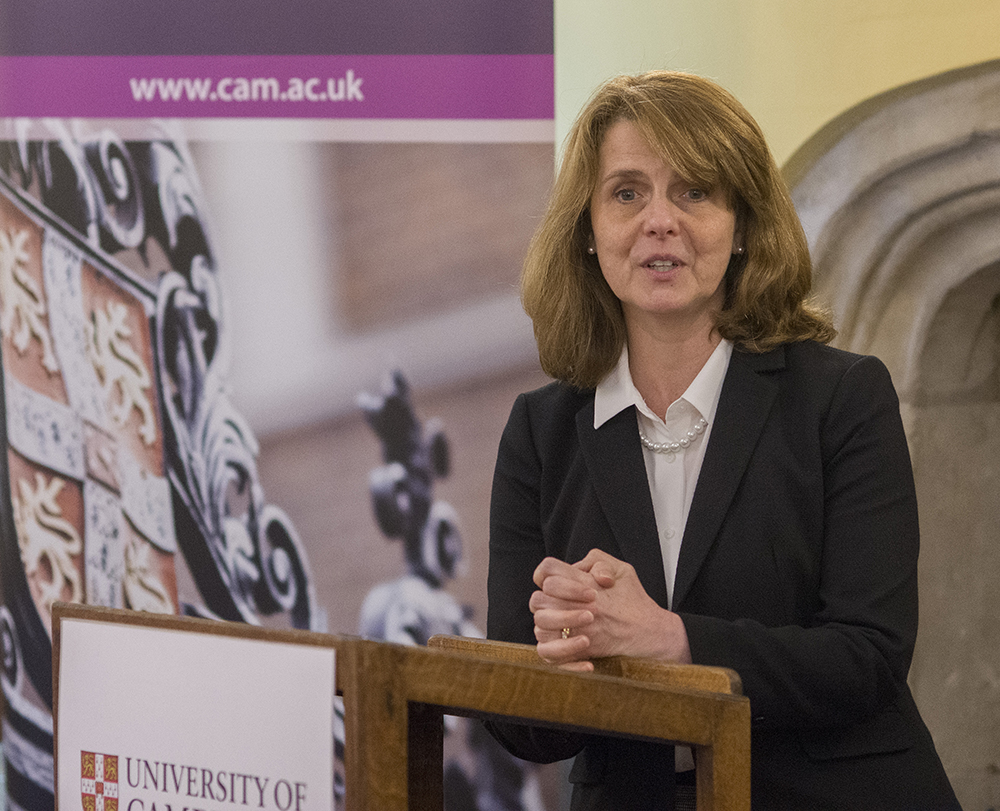
A new institute at the University of Cambridge aims to revolutionise cancer care by using cutting edge analytics to maximize the use of big data sets collected from patients.
The Mark Foundation Institute for Integrated Cancer Medicine, announced today, will be funded by an £8.6 million award to the University of Cambridge from The Mark Foundation for Cancer Research – the first time that the New York-based philanthropic organisation has made an award to a UK institution.
The virtual institute aims to exploit recent advances in big data processing and machine learning to capture and integrate clinical, genomic, and image data collated from hundreds of cancer patients in real-time. Laboratory and clinic-based researchers and data experts will work together to determine whether sophisticated computational integration of all these diverse data types into a single platform can inform and predict the best treatment decisions for each individual patient.
Blood tests, biopsies, medical imaging, and genetic tests are a routine part of current cancer care; however, it is not always clear which of these increasingly large datasets are most important in guiding treatment at specific points in the patient journey.
“Doctors have long dreamed of an objective system that can integrate all the results generated from their cancer patients, guiding comprehensive treatment decisions both for current treatment and to predict how a particular disease will behave in the future,” explains Professor Richard Gilbertson, Director of the Cancer Research UK Cambridge Centre where the new institute will be based.“This is essentially an enormous mathematical problem that requires state-of-the art computational and machine learning approaches to solve. It is this problem that our new institute, funded by a visionary award from The Mark Foundation for Cancer Research, will seek to address.”
With the help of artificial intelligence and machine learning approaches, the new institute will build and interrogate common data platforms and translate insights gained into principles for guiding timely clinical decision making.
“Integrated cancer medicine offers the promise of turning the tsunami of data generated in medical practice into an extraordinarily powerful but practical tool for patient benefit. This should enable us to deliver conventional and novel cancer treatments more effectively, and learn constantly from each patient through iterative analysis, as we refine and improve care for the future,” adds Professor Gilbertson.
The researchers involved in these studies plan to use existing breast cancer clinical trials to test the concept of synthesising different types of data to produce results that improve clinical decisions for patients during the course of their treatment. If successful, this approach will be extended to other disease types.
Dr Michele Cleary, CEO of The Mark Foundation for Cancer Research said: “We are delighted to support this bold and innovative research at the University of Cambridge. The maximal use of patient data holds tremendous promise to offer better outcomes to patients and their families. Cambridge scientists are at the forefront of the field in this regard and are well positioned to accelerate optimal approaches for personalised cancer medicine.”
















